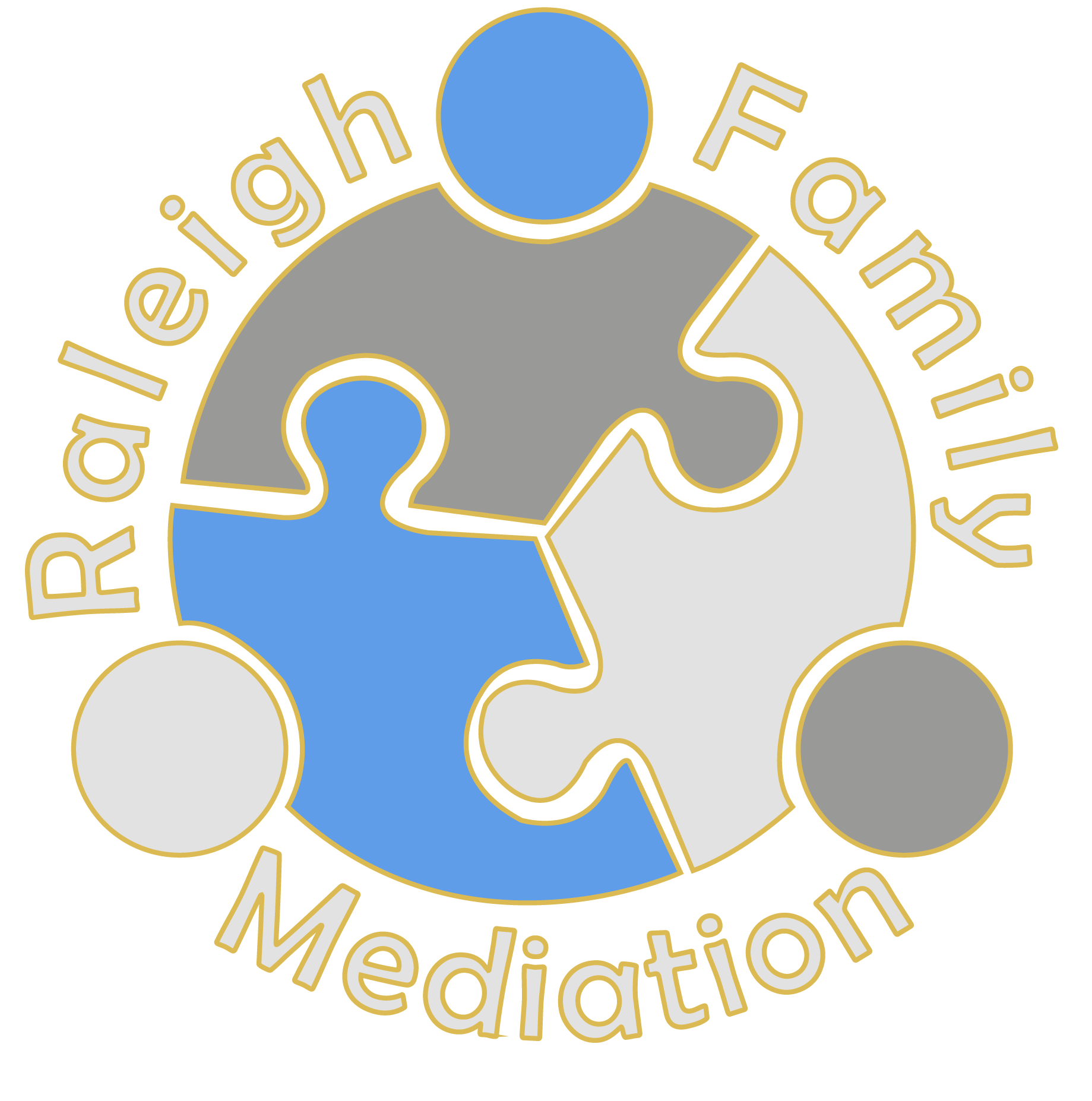Raleigh Family Collaboration
Be sure to choose a divorce lawyer who has been trained in the collaborative process. I was trained in 2016 by The North Carolina Civil Collaborative Law Association and have always been in good standing. I have over 20 years of family law experience. Regards, Brian S. Demidovich
Offering a Full Range ofFamily Law Legal Services.
We know Collaboration inside and out in North Carolina.
The process of collaboration can be narrowly defined as two clients and two lawyers who have made a formal written agreement to adopt a collaborative approach and to not submit contested issues to the court. Collaborative practice in family cases at its best is a flexible process in which professionals from other disciplines are incorporated as team members to maximize the benefit for families.
The word “law” in “collaborative law” is misleading. It would be more appropriate to use the word “approach” or “process” rather that the word “law.” Collaborative law refers to an approach or a process to resolving the legal issues that arise during the parties’ separation. The premise of collaborative law is to allow for a peaceful resolution through a process of joint participation versus the adversarial system that everyone expects. The most typical legal issues that are addressed through the collaborative law process are: post separation support, alimony, child custody & visitation, child support, and the division of assets and debts.
The primary feature of the collaboration is the involvement of attorneys on both sides of the dispute who have committed to handle the case within the guidelines of the collaborative law model. A critical component of the collaborative law model is the limitation that the attorney will represent the client only in the negotiation process and will be disqualified from representing the client should the process break down and either side choose to litigate the dispute. Attorneys practicing collaborative law have found that this process allows the participants to approach negotiations without the litigation-based posturing which many times interferes with the settlement process. Creative solutions are often the result when the collective problem solving skills of both attorneys and both clients are focused on reaching an agreement rather than on preparing or building their case for court. Collaborative law is an alternative dispute resolution technique that enables participants to resolve issues in a cooperative manner rather than in an adversarial atmosphere that may involve litigation. Collaborative attorneys assist their clients in problem solving that creates solutions and achieves settlements.
An important component of collaborative law is the four way meeting. These four way meetings include both lawyers and both spouses working together to solve problems and create solutions that fit the particular needs of the parties. Four way meetings serve as settlement conferences, assisting the parties in facilitating a resolution of their particular case. There may be numerous four-way conferences before a final settlement can be reached. The parties will agree to employ joint appraisers, accountants or other such professionals thus alleviating unnecessary or duplicate costs. Another important component of the practice of collaborative law is the agreement between all participants to provide full and open disclosure of all relevant information and documents. This approach helps minimize the game playing and delay that sometimes accompanies the discovery. The final settlement once reached will be drafted and may be in the form of a legally binding separation agreement or a consent order that is submitted to a Judge for approval.
Most of our litigation is limited to Wake, Durham, and Johnston Counties. If you need a lawyer in your county to protect your rights and be in your corner, please give us a call, and we will try our best to accommodate you. Please reach out to us at 984-205-3727.






